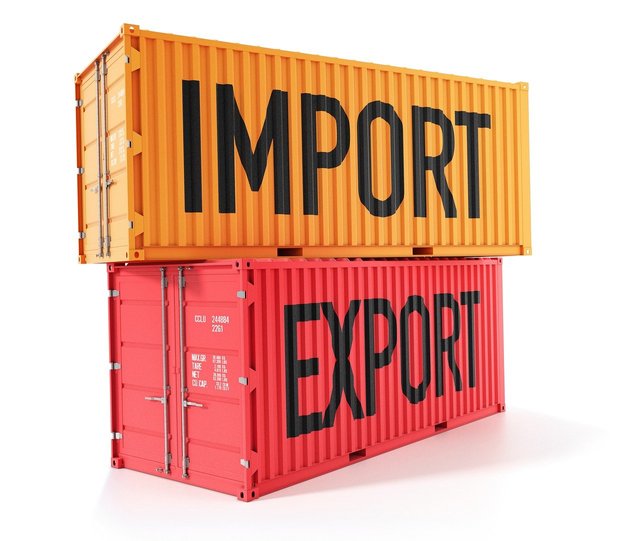Random musings...Tariffs...
Bild von Gino Crescoli auf Pixabay

Now that tariffs have been brought to everyone's attention and I don't suppose they'll be a thing of the past anytime soon...
My understanding is that tariffs are basically just a form of tax on products being imported into one country, from another. Normally, the country receiving the products taxes those products.
As we're constantly told how bad tariffs are, no one seems willing to explain why the U.S. has trade deficits with, I guess, most other countries. Could tariffs placed on U.S. products be the reason? Does the U.S. also have a tariff deficit with those countries?
There seems to be two types of tariffs. Tariffs which the seller must pay and tariffs which the buyer must pay. I've read that the U.S. only uses the latter.
It seems to me that tariffs are useful. They effectively impose a barrier against products coming into the country. A firewall of sorts. To overcome the barrier someone must pay, which is normally the entity importing the goods.
"What is positive about that?!", you might ask.
Well...
...the importing entity pays the price/tariff to it's government, providing much needed government income. Done correctly and consistently, it seems this could remove the need to directly tax citizen's income. That would give a whole new meaning to the concept of taxpayer.
...the tariffs make the products more expensive, which provides an incentive for buying a comparable product, produced in the buyer's own country. That helps their own country's economy, making it more robust.
...done correctly and consistently, they may be a good way of just limiting access to the economy, because only quality products may be worth the extra cost to the customer.
There are negative aspects too, I guess.
In order to avoid tariffs, foreign corporations may need to move production into the country of the tariffs, if they desire to do business in that country. This moves jobs from the exporting country to the importing country, which would mean jobs lost, income tax lost and some corporate tax lost, for the exporting country. It may be less expensive to export those jobs, rather than the finished product. This is possibly one major reason for retaliation, which could, eventually, result in a trade war.
Judging by the uproar, I suspect that this is going to be quite interesting as it plays out.
Just random musings...
That would be quite a lot of appropriate considerations ;-)) Even if customs duties / tariffs were originally a kind of pass money, today they play a completely different role in the international movement of goods: steering and control, punishment or incentive... Within a customs union, the same mechanism works, just differently...
You may well be right, but...
While chatting with ChatGBT I asked about the tariffs on passenger cars imported into the U.S. from the EU. Interesting enough it pointed out that as of early 2025, the United States imposes a 2.5% tariff on passenger cars imported from the European Union. This rate has been a point of contention, as the EU applies a higher 10% tariff on U.S. vehicles entering its market.
I just find it interesting.